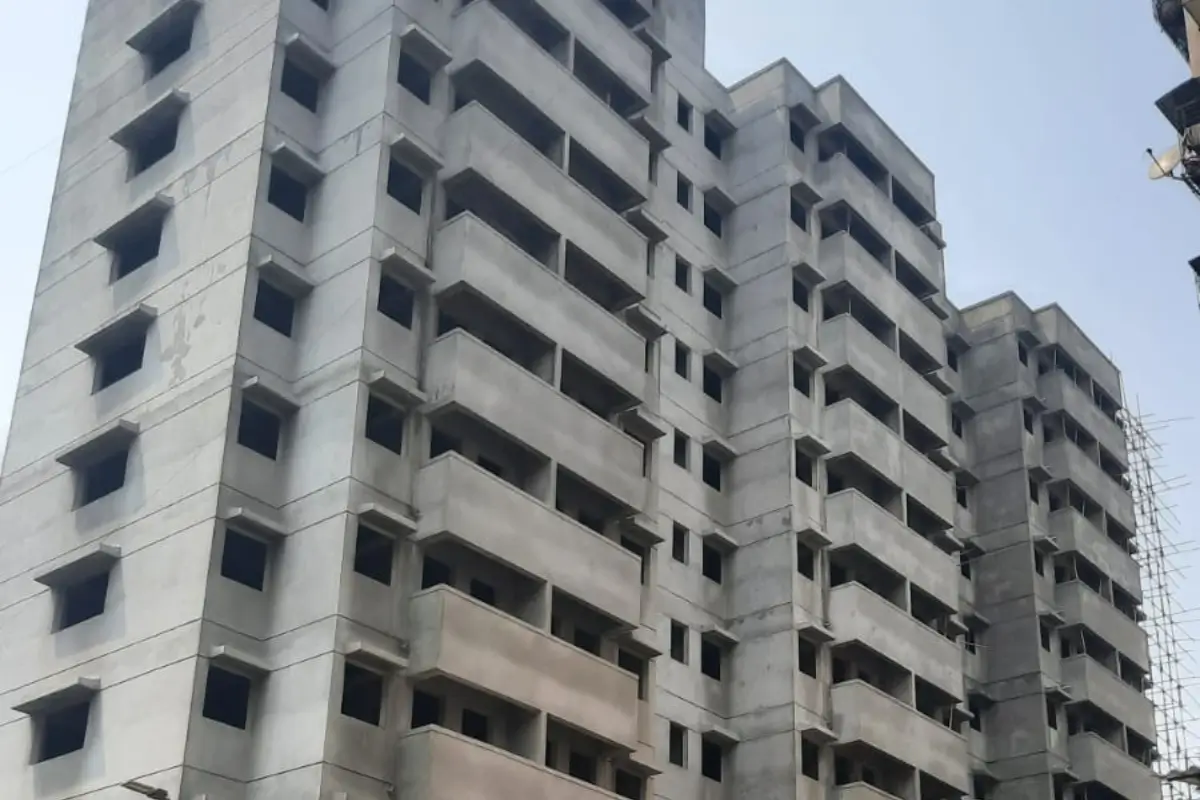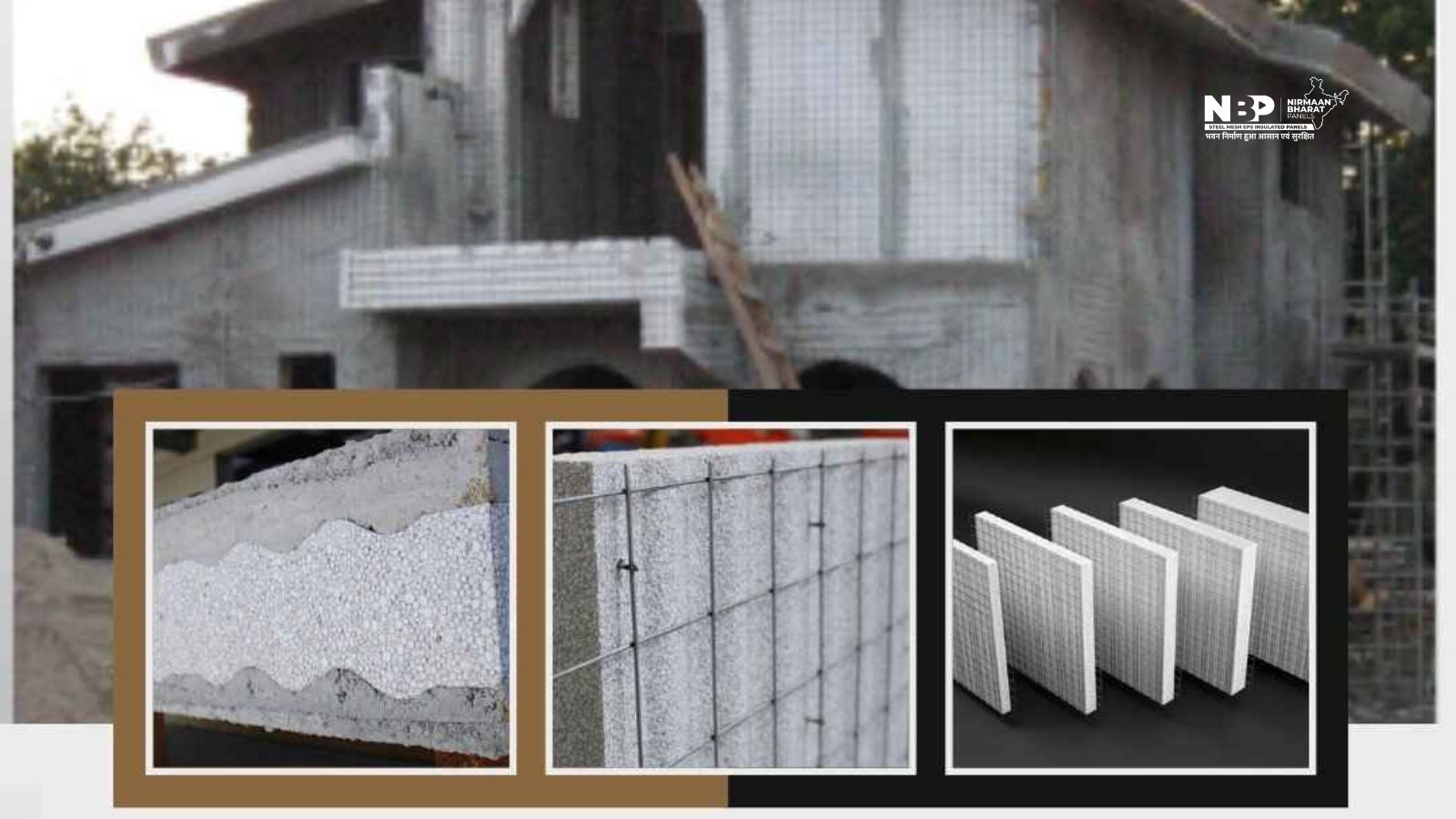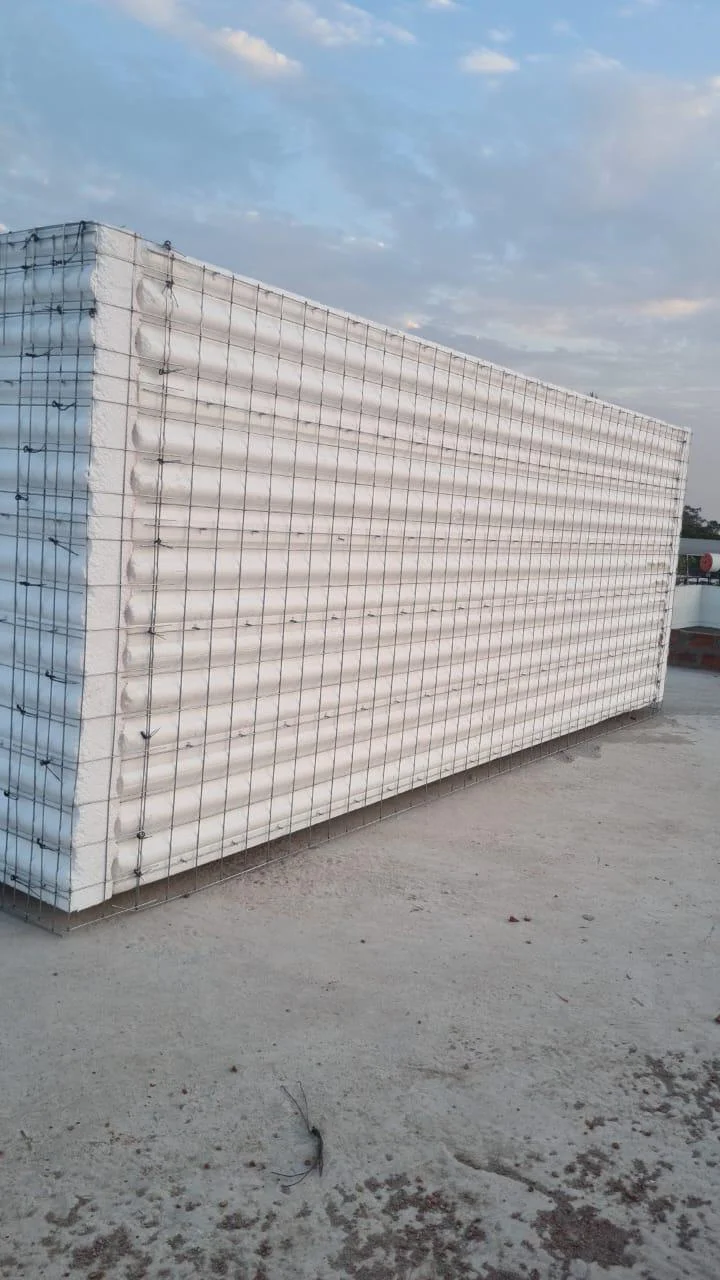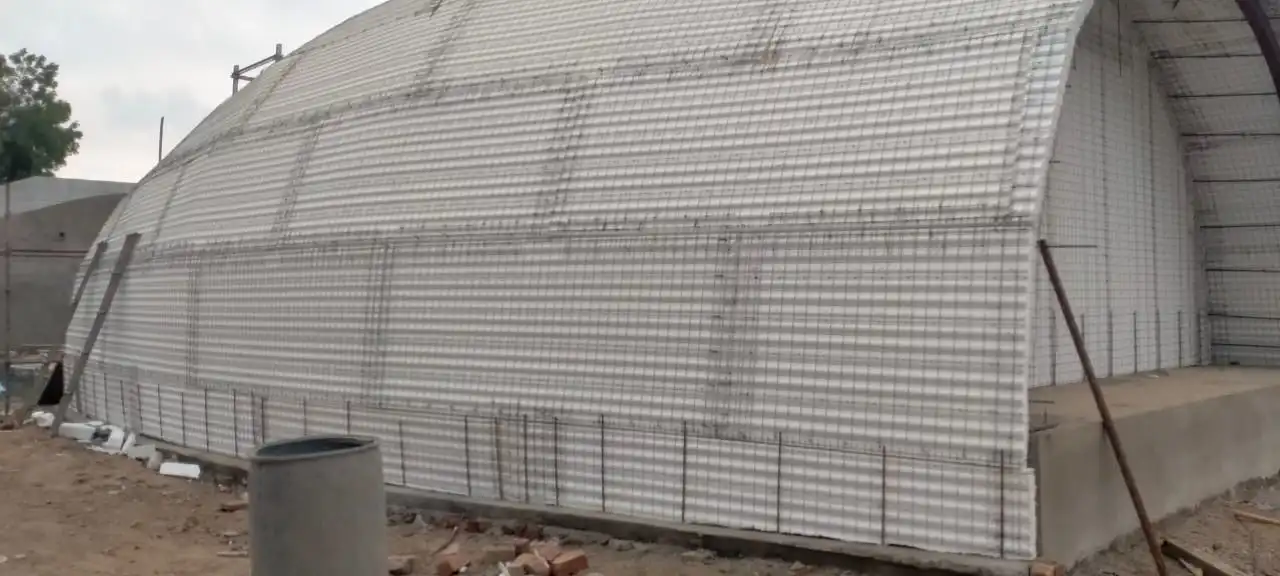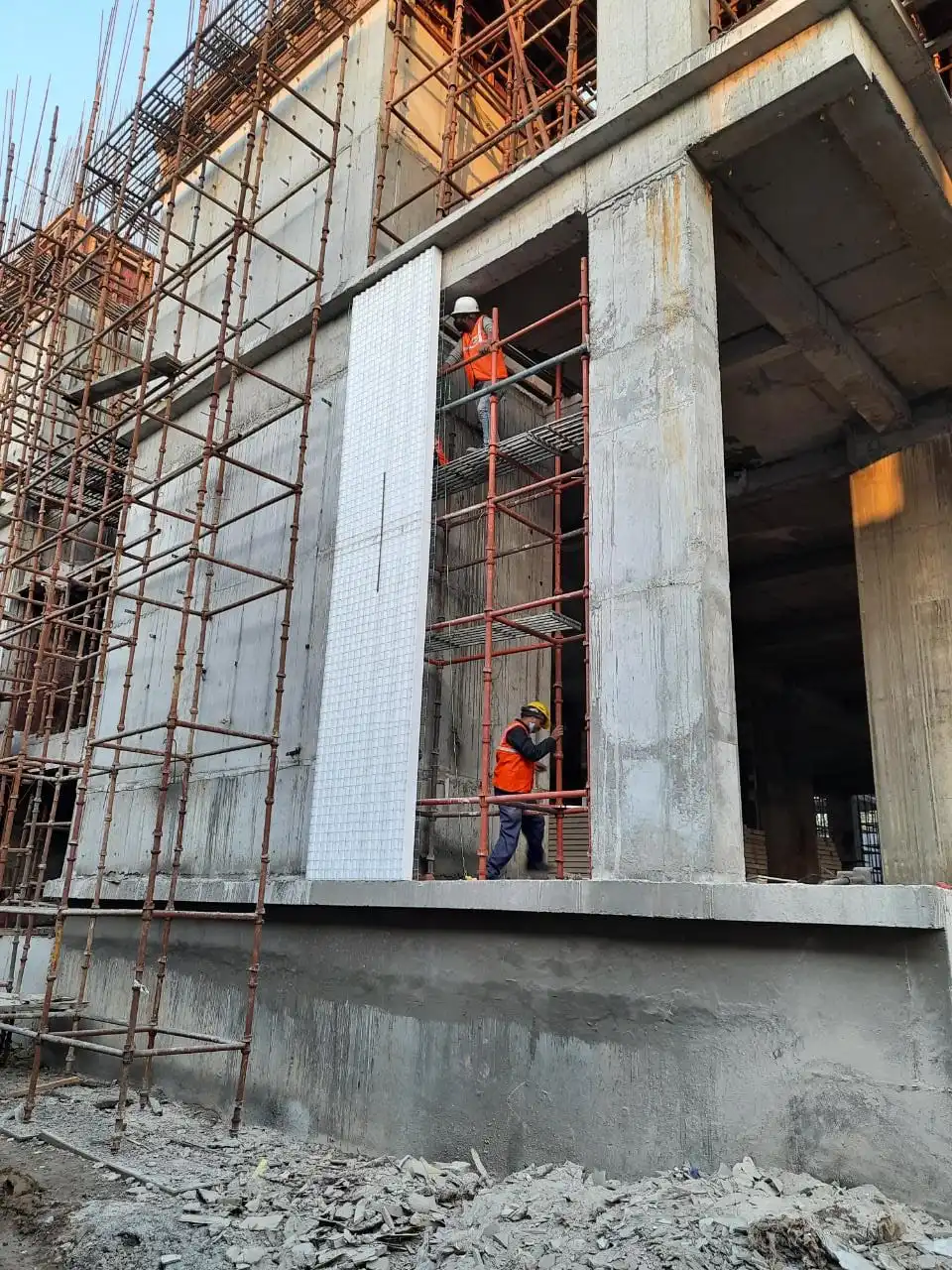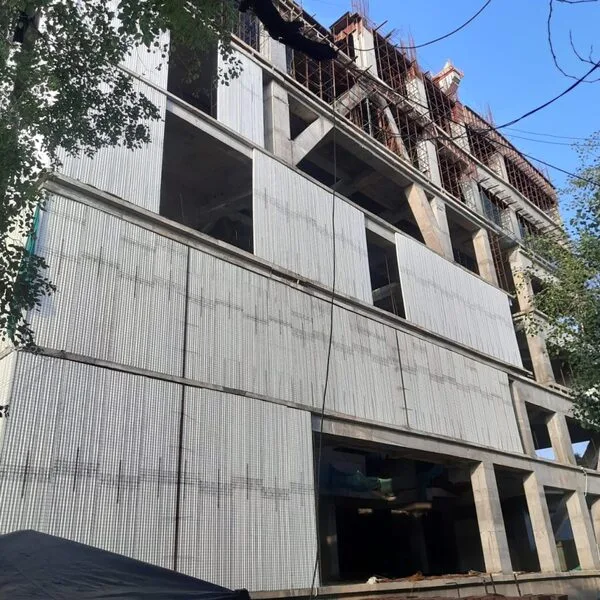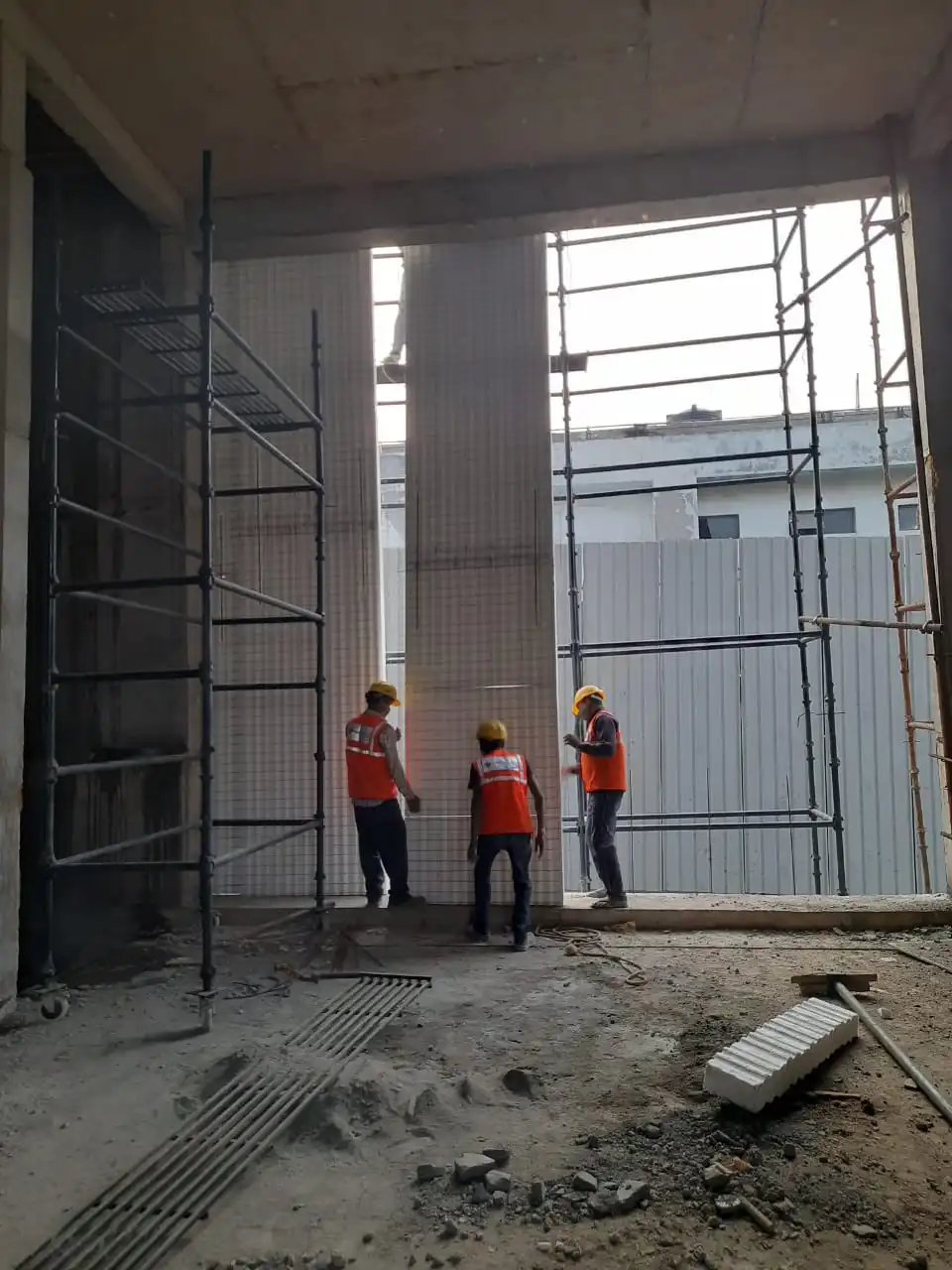EPS (Expanded Polystyrene) panel construction has emerged as a groundbreaking innovation in modern building practices, revolutionizing the way structures are designed, built, and maintained. These panels offer a plethora of advantages and find diverse applications in the construction industry.
Table of Contents
ToggleEnergy Efficiency and Insulation
EPS panels are renowned for their exceptional energy efficiency and insulation properties. The expanded polystyrene foam core provides superior thermal insulation, helping to regulate indoor temperatures and reduce energy consumption for heating and cooling. This results in lower utility bills and a reduced carbon footprint, making EPS panel construction an environmentally sustainable choice for building owners.
Lightweight and Durable
Despite their lightweight nature, EPS panels are remarkably durable and structurally sound. The expanded polystyrene foam core is reinforced with outer layers that provide strength and stability, ensuring that buildings constructed with EPS panels withstand various environmental conditions and external forces. Additionally, EPS panels offer resistance to moisture, pests, and corrosion, contributing to the longevity and reliability of the structures.
Rapid Installation
EPS panel construction allows for rapid installation compared to traditional building methods. Prefabricated off-site manufacturing enables precise customization and quality control, leading to faster installation and reduced on-site labor requirements. This accelerated construction process minimizes project timelines and disruptions, making EPS panel construction an attractive option for builders and developers.
Versatility in Design and Application
EPS panels offer architects and builders a high degree of versatility in design and application. These panels can be customized to accommodate various architectural styles, building configurations, and aesthetic preferences. Whether used in residential, commercial, or industrial projects, EPS panels provide flexibility and adaptability to meet the unique requirements of each construction endeavor.
Conclusion
EPS panel construction represents a significant advancement in modern building practices, offering energy-efficient, cost-effective, and environmentally sustainable solutions for construction projects of all scales. With their lightweight nature, superior insulation properties, and versatility in design, EPS panels are poised to play a pivotal role in shaping the future of construction, offering innovative solutions to meet the evolving needs of the industry.


